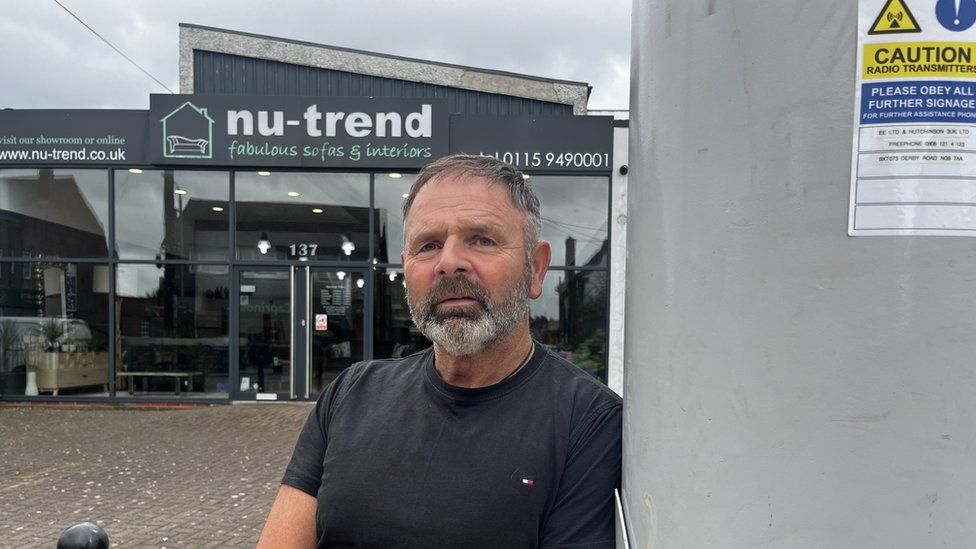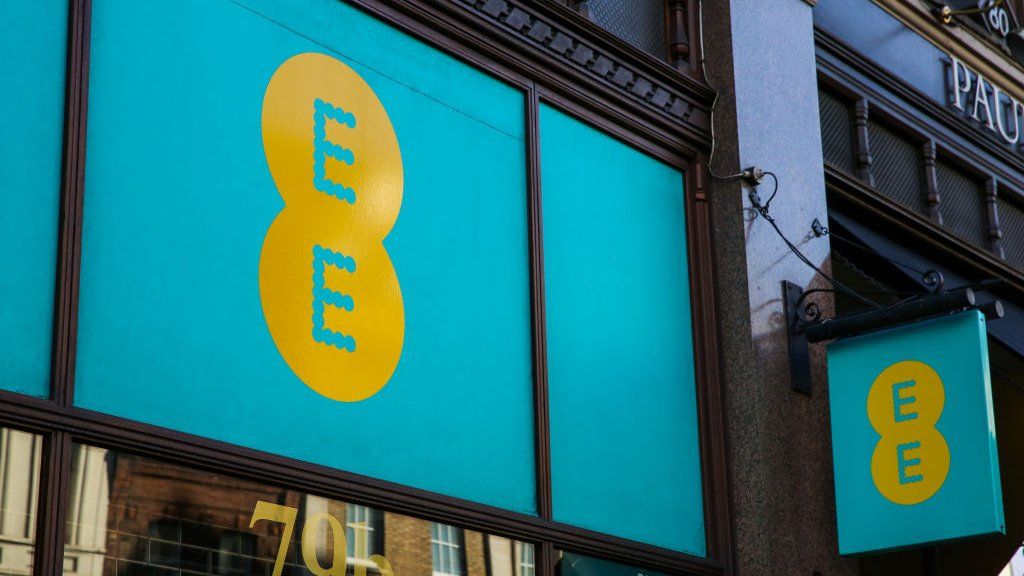Vodafone and Three deny merger will push up prices

Representatives from Vodafone and Three have told MPs their planned merger will not increase prices, despite it reducing the number of competitors in the mobile market.
The firms plan to merge their UK-based operations, creating the biggest mobile network in the UK with around 27 million customers.
The deal still needs to be approved by regulators.
But the Unite union says bills could rise by £300 per year if it goes ahead.
The UK currently has four major mobile operators – Vodafone, Three, EE (which is part of BT), and Virgin Media O2.
Speaking to the Business and Trade Committee on Tuesday, Unite’s investigative researcher George Stevenson said combining Vodafone and Three would be bad for consumers.
“The UK is perfectly capable of supporting four or many other mobile network operators,” he said.
“But if we have this merger take place, we’re going to see price rises, we’re going to see profits go up.”
But Three general counsel Stephen Lerner said there were “no merger related price rises” in the firms’ joint business plan.
“I want to make it clear: it’s not part of the transaction rationale, and we are not planning any increases in prices,” he said.
The firms said they were in talks with the Competition and Markets Authority (CMA), which will review the potential impact of the merger.
Mr Lerner said he was “confident” the CMA would approve the merger, which the firms say will lead to £6bn of investment in its first five years, and £11bn in total.
More investment
Vodafone argued that bills could actually come down if the merger was allowed, because the new company would be able to invest more in the UK and drive down the price of internet access.
Andrea Dona, network and development director of Vodafone UK, said the combined firm planned to use 5G to deliver fibre broadband equivalent internet access to 82% of UK households.
“We’ve done a study that shows that can bring up to a £15 reduction in the bill a month… by simply having an alternative to what today is just fibre to the home,” he said.
He also argued that the deal could actually increase competition, by enabling the new firm to compete with other mobile operators in the so-called “mobile virtual network operator” (MVNO) marketplace.
Instead of spending millions establishing their own infrastructure of masts and systems, MVNOs license segments of other operators’ networks and offer their own cut-price deals.
In the UK, there is a significant marketplace in this area – Tesco Mobile, Lycamobile, Giffgaff each use networks provided by EE or Virgin Media O2.
“90% of all those players today rely on two networks, because they have the scale and the economics to offer wholesale deals to these MVNOs,” said Mr Dona.
“With our entry, we will have the scale to be able to offer additional wholesale competition, providing more choice for the MVNOs on where to go, creating more competition and more opportunities to our customers.”


